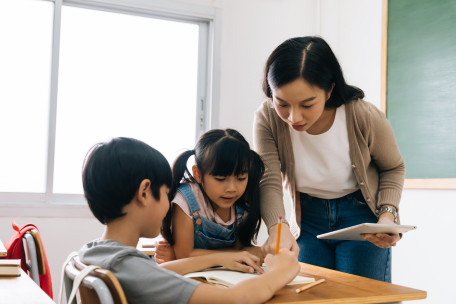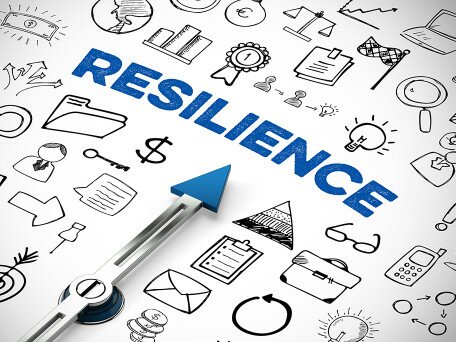Investigating the Factors Associated with Teachers' Feedback Literacy: Instrument Development and Validation
- Project Scheme:
- General Research Fund
- Project Year:
- 2024/25
- Project Leader:
- Dr Zhu, Jinxin
- (Department of Curriculum and Instruction)

Findings about the local profiles of TFL and its antecedents will help stakeholders understand and improve TFL practices and thus student learning outcomes.
Students who effectively use teacher feedback improve their learning (see meta-analysis by Hattie et al., 2007). However, if students are not engaged in this process, even high-quality teacher feedback will not enhance their learning (Lee, 2009). Hence, teachers must help their students seek feedback from others, generate their own feedback (make judgments about their work), and use feedback to improve their learning (Teachers’ Feedback Literacy [TFL]; Carless & Winstone, 2023). Many researchers have proposed conceptual frameworks for TFL, focusing on practices but neglecting their feedback knowledge and beliefs (Boud & Dawson, 2023; Carless & Winstone, 2023). Currently, no published instrument measures TFL. Without such an instrument, we cannot identify TFL, especially teachers’ weaknesses, let alone design and test the effectiveness of pre-service and/or professional development programs to improve TFL.
This proposed study aims to address this gap by (a) developing and validating an instrument to measure TFL’s three dimensions (knowledge, beliefs, and practices), (b) investigating the TFL profiles of local teachers, and (c) exploring factors associated with TFL. Guided by our TFL definition and individual interviews with expert and novice teachers, we will detail each TFL dimension and develop potential items to cover each dimension’s full range (low to high). Then, experts will check them for substantive and content validity. Informed by interviews with in-service teachers, we will refine these items. Next, we will collect TFL pilot (N = 300) and main (N = 300) survey responses from Hong Kong schoolteachers. Based on the responses, we will revise and finalize the scale by examining the dimensionality of the TFL items, each item’s quality, and each domain’s reliability. Then we will use experts’ evaluations and teachers’ self-reports to determine the validity of our finalized instrument.
Moreover, we will investigate teachers’ TFL profiles using their responses to the finalized TFL instrument. Based on the qualitative results of interviews, we will investigate the potential factors associated with TFL. Using main survey data, we will test our theoretical model of TFL with structural equation modeling, accounting for the nested data structure using a sandwich estimator.
After this project’s completion, scholars can use the TFL instrument to study teacher feedback: how TFL affects students’ feedback literacy and their learning, TFL’s contribution to teacher effectiveness, TFL’s link to teacher wellbeing, etc. Findings about the local profiles of TFL and its antecedents will help stakeholders understand and improve TFL practices and thus student learning outcomes.








